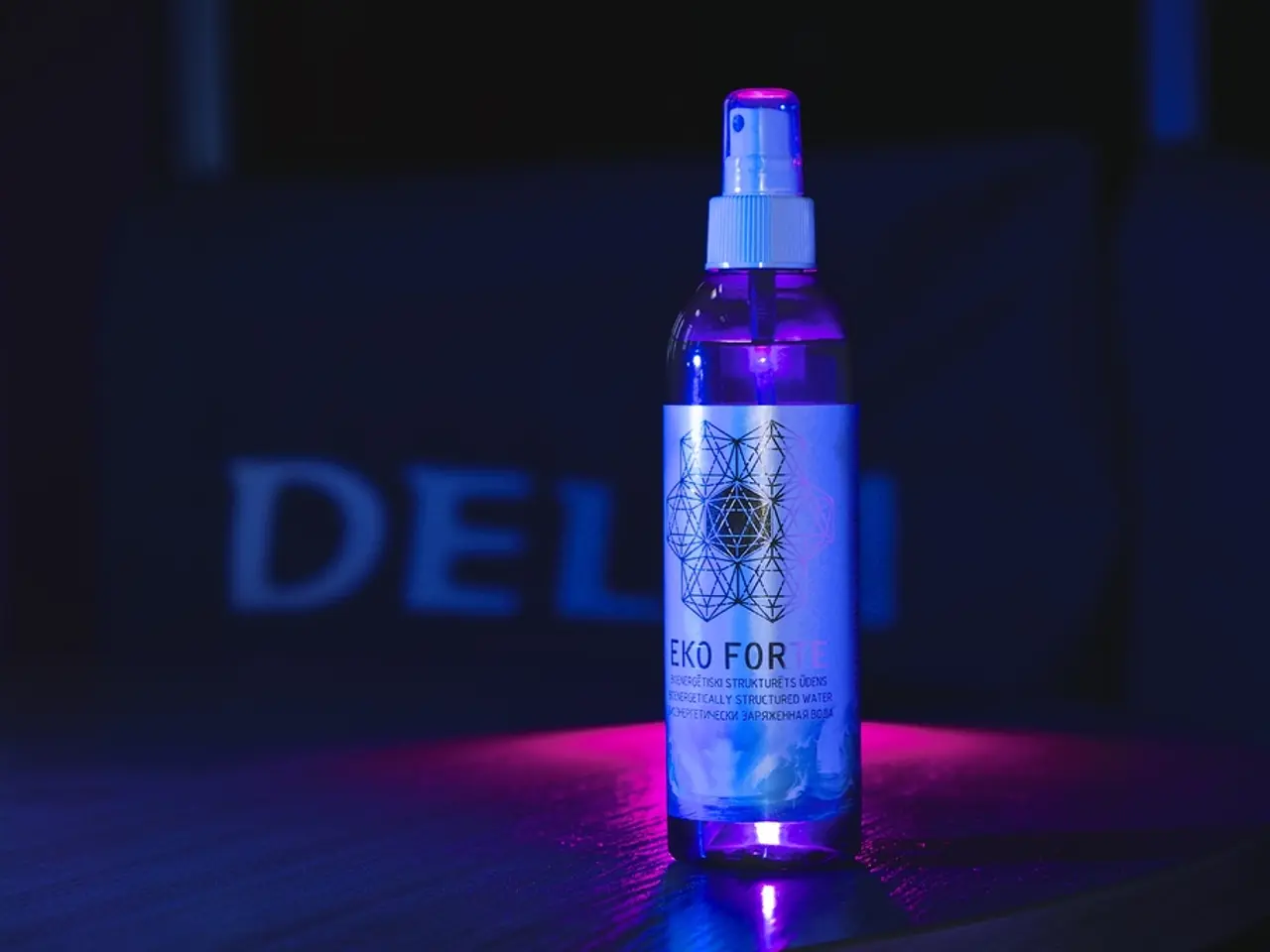Acne treatment with turmeric: Advantages, effectiveness, and additional facts
In the realm of skincare, scientists are exploring the potential benefits of a common spice: turmeric. More specifically, its active compound, curcumin, is being investigated for its role in treating acne due to its multifaceted properties.
Turmeric, a flowering plant related to ginger, contains curcumin, a compound with anti-inflammatory, antimicrobial, and antioxidant properties. These properties make it a promising candidate in the treatment of acne, a common skin condition affecting around 40-50 million people in the United States.
One of the key benefits of turmeric for acne is its anti-inflammatory and antimicrobial properties. Curcumin has been shown to reduce inflammation by downregulating inflammatory cytokines such as IL-1β, IL-6, and TNF-α. This can help in reducing redness and swelling associated with acne lesions. Additionally, curcumin's antimicrobial properties can help combat acne-causing bacteria like *C. acnes*.
Another benefit is sebum regulation. Turmeric may help in regulating sebum production, which is beneficial for individuals with oily skin and prone to acne. Furthermore, it can prevent skin cells from clumping together and clogging pores, which is crucial for maintaining clear skin.
Recent studies have demonstrated that a combination of curcumin with serratiopeptidase can accelerate the resolution of inflammatory acne lesions when used as an adjunct to standard therapy. This combination was found to significantly improve acne severity within two weeks.
However, it's important to note that most available evidence comes from small-scale studies or theoretical benefits. Larger clinical trials are needed to solidify its efficacy as a standalone treatment for acne. However, its use as an adjunct to conventional therapies may offer additional benefits in reducing inflammation and combating bacterial causes of acne.
While turmeric shows promising results, it's essential to exercise caution. If a person experiences any symptoms of an allergic reaction while using turmeric on their skin, they should stop using it and consult a dermatologist. High doses of curcumin supplements may cause diarrhea, headaches, yellow stool, a rash, and other adverse effects. Turmeric may also interact with blood thinning medications such as warfarin (Coumadin).
In managing acne, it's recommended to wash the face twice a day with a gentle, nonabrasive cleanser, avoid scrubbing the skin, and refrain from popping pimples. More research is necessary before the medical community can determine whether turmeric is a safe and effective acne treatment.
In conclusion, turmeric and its active compound curcumin show promising results in treating acne, offering potential benefits in reducing inflammation and combating bacterial causes of acne. However, larger clinical trials are needed to solidify its efficacy as a standalone treatment for acne. In the meantime, its use as an adjunct to conventional therapies may offer additional benefits.
- In the field of dermatology, the science behind skincare is investigating turmeric and its active compound, curcumin, for their role in mental health, particularly in managing stress and anxiety due to its anti-inflammatory properties.
- For individuals focusing on health-and-wellness and fitness-and-exercise, incorporating turmeric as a supplement could potentially enhance the benefits of their exercise routines, as curcumin has been found to reduce post-exercise inflammation and muscle soreness.
- As parents, understanding the role of turmeric in skincare can help improve womens-health, given its potential to combat hormonal acne, a common concern for many women.
- In the realm of mens-health, turmeric's sebum regulation properties may benefit men with oily skin, prone to acne, by helping to maintain clear skin and prevent pores from clogging.
- For those seeking therapies-and-treatments for sexual-health issues, curcumin's antioxidant properties may help protect against oxidative stress, contributing to overall sexual health and well-being.
- In the context of diet and nutrition, turmeric can also be an essential element, enhancing the health benefits of a balanced diet, as it contains a wide variety of essential vitamins and minerals, as well as potent antioxidants.
- As one expands their knowledge of skincare, it's crucial to remember the importance of holistic health, encompassing mental, physical, and emotional well-being. This includes incorporating turmeric into a comprehensive skincare routine, while also considering lifestyle factors such as nutrition and stress management.




